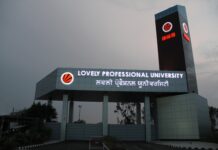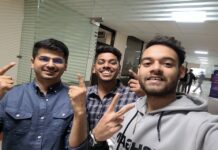Little known outside the circle of Rumi followers, is the deeply spiritual experience of the Festival of the Whirling Dervishes. It features the Sema ceremony of the whirling dance that UNESCO has added to the List Of Masterpieces Of Oral and Intangible Heritage of Humanity.
The annual 10 day festival (also known as the Mevlana Festival) is held by the Mevlevi Order in celebration of the 13th century Sufi saint, poet, and philosopher Mevlana, or Rumi as he was known. It is held in Konya, Turkey and normally starts on 7th December, reaching its crescendo on 17th December, Rumi’s death anniversary, as on this day his union with Allah is celebrated.
Rumi believed that communication with God was possible through dance and so was born the dance of the whirling dervishes with their swirling white flowing robes, black cloaks and conical headgear. The headdress represented the ego’s tombstone, the white skirt the ego’s shroud. By removing the black cloak, a dervish advanced to spiritual maturity through the stages of the Sema ceremony.
Rumi was born in Afghanistan and spent time in Persia (present-day Iran) before moving to Konya, Turkey, where his father was invited to be a scholar. He became a scholar himself, teaching peace, love and tolerance, for which he gained a large following. Educated followers saw him as a wise philosopher, while the uneducated regarded him as a prophet. Rumi’s life changed when he developed an intense learning relationship with an older, wandering mystic named Shams of Tabriz. Unfortunately Rumi’s followers didn’t approve of Shams’ influence, and supposedly killed the mystic.
From tragedy came discovery, and Rumi found within him an ability to write poetry. It was also at this time that Rumi introduced whirling as a method to achieve divine harmony – from which the movement of the Whirling Dervishes, or the Mevlevi Order, was born.
Based on the practices and principles of Rumi, a preacher of peace and love, the festival, celebrated only a few hundred miles from the borders of war-torn Syria, is a beacon of hope for culture and freedom.
















